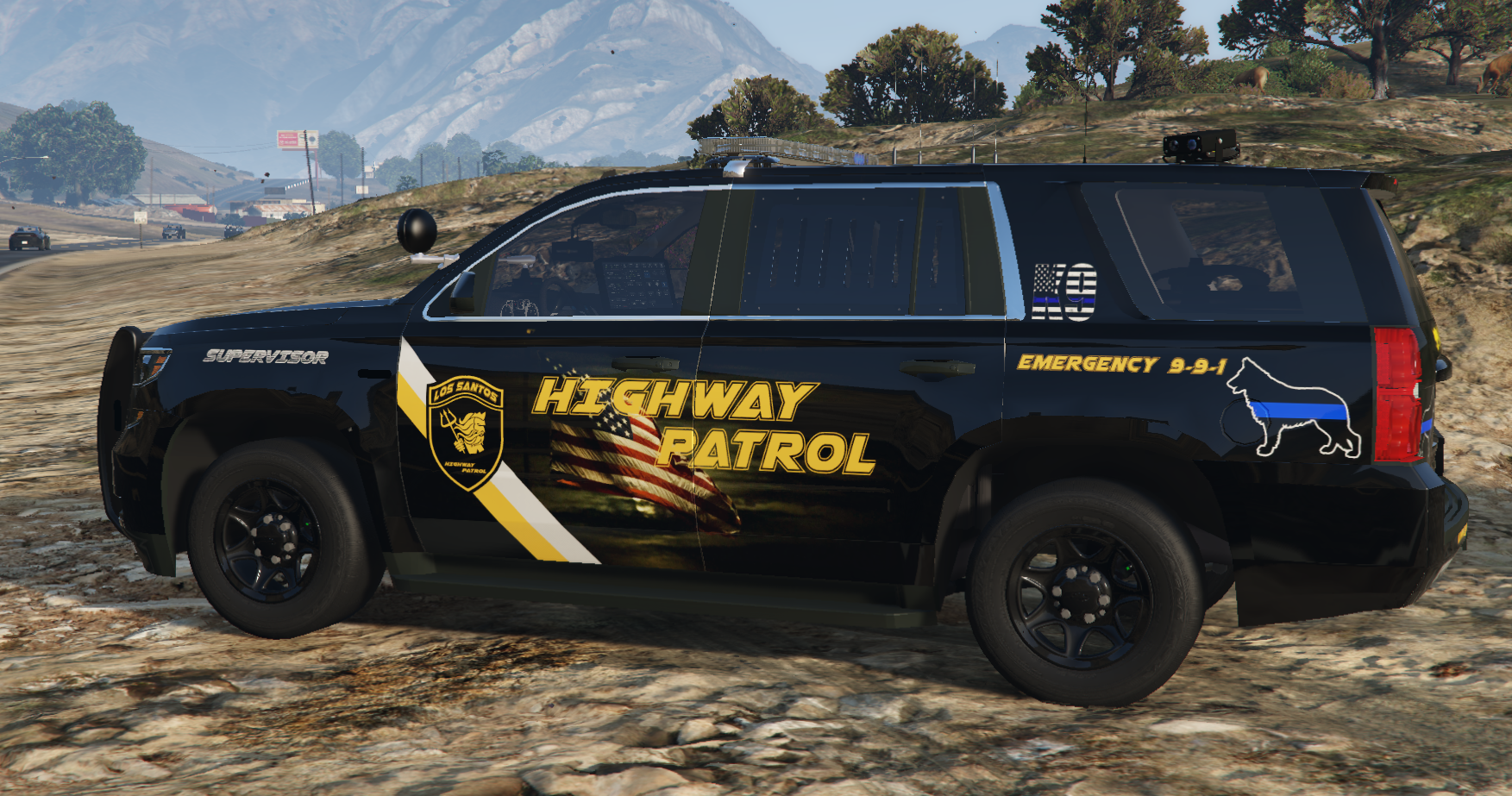The Crucial Need for Leadership
at the Road Supervisor Level
By: Leading Blue
Effective leadership is the backbone of any successful law enforcement agency. While leadership is crucial at all levels, strong leadership at the road supervisor level in law enforcement is particularly vital at the road supervisor level, where frontline officers look for guidance, direction, and support. Strong leadership in this role ensures operational efficiency, officer morale, community trust, and mission success.
Ensuring Operational Efficiency
Road supervisors are the direct link between command staff and patrol officers. They set the tone for daily operations, ensuring that officers are deployed efficiently, respond appropriately to incidents, and adhere to department policies and procedures. A strong leader in this role fosters an environment of accountability, ensuring that tasks are completed effectively and resources are allocated wisely.
Building Officer Morale and Development
Leadership at the road supervisor level directly impacts officer morale. Officers who feel supported and valued by their supervisors are more engaged, motivated, and committed to their duties. A strong supervisor provides guidance, mentorship, and professional development opportunities, helping officers refine their skills and advance in their careers. When road supervisors lead by example—demonstrating integrity, fairness, and professionalism—they inspire their teams to uphold the same standards.
Enhancing Community Trust and Engagement
Law enforcement agencies thrive when they have the trust of the communities they serve. Road supervisors play a key role in shaping public perceptions of the department by ensuring that officers engage with citizens in a respectful and professional manner. Effective supervisors emphasize community-oriented policing strategies, fostering positive relationships between officers and the public. Strong leadership in this area can de-escalate tense situations, reduce complaints, and improve overall public safety.
Managing Critical Incidents
In high-stress situations such as pursuits, officer-involved shootings, or large-scale emergencies, road supervisors must remain calm, decisive, and strategic. Their ability to assess rapidly evolving scenarios, make sound tactical decisions, and coordinate resources can be the difference between successful resolution and tragic outcomes. Strong leadership ensures that officers receive clear directives, support, and backup when handling critical incidents.
Accountability and Ethical Leadership
One of the most critical responsibilities of a road supervisor is enforcing ethical conduct and holding officers accountable. Leaders in this role must ensure that their teams follow laws, department policies, and professional standards. They must address misconduct promptly and fairly while reinforcing a culture of integrity and public service. By promoting ethical behavior, road supervisors protect both the credibility of their department and the trust of the community.
Conclusion
Strong leadership at the road supervisor level in law enforcement is fundamental to the success of law enforcement agencies. Supervisors serve as mentors, decision-makers, and role models, directly influencing operational efficiency, officer morale, community trust, and crisis response. Agencies that invest in leadership development for road supervisors not only enhance their internal culture but also strengthen their overall mission of protecting and serving the public with integrity and professionalism.
Back to Law Enforcement Articles
Additional Reading


